Donovan S. Reed, MD, Capt, USAF, MC is the top performer on OphthoQuestions for the 2019-20 academic year. He gives advice on how you might replicate his performance on your board exams this upcoming year.
My name is Donovan Reed and I recently graduated from the San Antonio Uniformed Services Health Education Consortium (SAUSHEC) Ophthalmology Residency, where I served as Chief Resident this past year. After completing my undergraduate studies in Chemistry and Biology at East Tennessee State University, I joined the USAF in 2012. I attended medical school at the Uniformed Services University of the Health Sciences. I completed an internship in General Surgery prior to beginning my Ophthalmology residency, so admittedly my knowledge of the eye was fairly limited upon entering the program. As such, it was very intimidating when I first received all 13 volumes of the BCSC. I knew I wanted to do well, but didn’t know how I was going to learn all those facts, and didn’t really know where to start. Fortunately, I had several wonderful senior residents and mentors to help guide me along the way. I will be starting fellowship in Ophthalmic Plastic and Reconstructive Surgery at Texas Oculoplastic Consultants (TOC) Eye and Face in July, and am very excited to continue my training.
I understand how hard it is to try and learn the basic and clinical sciences of Ophthalmology, especially early on in residency. In an effort to hopefully alleviate some of your fears and make the task of being successful on the OKAP seem a little less daunting, I will offer some pointers regarding what I believe allowed me to be successful on the OKAP. Full disclosure – I scored 99% every year I took the OKAP. Caveat – I have not taken the written or oral boards yet, so I admittedly cannot say my study approach directly translates to the actual board examinations.
1. Be confident. Everyone who is in an Ophthalmology residency is already a rock star. Do whatever it is that made you successful early in your career. You know how to study, take (and do well) on board exams, or you wouldn’t have gotten into medical school or landed an Ophthalmology residency. Still, the OKAP is a slightly different beast than the MCAT or USMLE. The question stems are much shorter, and a lot of questions are dependent on either picture recognition or you remembering some small detail or fact about a disease process, so reasoning through OKAP-style questions can be a bit challenging if you don’t know your stuff.
2. Do lots of practice questions. There are only so many ways examiners can test specific topics, and practice questions are the best way to focus your studies. It’s important to not simply memorize the question and answer, but try to understand the concept being tested. Learn why the other answer choices listed are wrong, and why the examiner decided to place the wrong answer choices as options. Also, read through the discussions of the question stems to decipher other ways the topic may be tested. Another approach is to try to determine how you would test the topic at hand. Ophthoquestions is my favorite resource given the number of questions and high-yield discussions provided, but I know there are lots of other question books and online resources. It is my belief the more practice questions you do, the more successful you will be.
3. Don’t overload yourself with too many review materials. It’s easy to read blog posts and talk to people about study tips and accumulate too many resources. In my opinion, the best approach is to find one review book and stick to it. The review book I utilized was Review of Ophthalmology by Chern et al.
4. Focus on the high yield and clinically relevant information. Once you’ve read through the BCSC, don’t waste your time re-reading the books cover to cover. I did admittedly read through the books as a first year resident (except Optics, but I hear the new Optics BCSC book is much more user-friendly), but I now utilize them more as a reference tool. I do feel it’s important to have some background knowledge prior to focusing strictly on review materials and practice questions, but it is very easy to get lost in the weeds of those textbooks. They are "fact books" and are not easy reads, and not every piece of information listed is easily testable or high yield.
5. Don’t waste your time studying optics too early. For optics, I waited until the test date was a few weeks away before I memorized the optics formulas and did practice optics questions. I found I would end up forgetting the formulas and principles fairly quickly. So, it seemed like wasted time to focus on optics too far in advance. Optics, as with all topics, requires lost of practice questions and problems to truly nail down the formulas. I utilized the Ophthoquestions practice problems, and watched Dr. Hunter’s Optics lecture series (huge shout out to Dr. Hunter for making those resources free and easily accessible).
6. Review high yield "classic" photographs and pathology slides before the test date. Picture recognition of highly testable topics is an important key to success.
7. Remember – you don’t have to outrun the bear, just all the other Ophthalmology residents. While you’re taking the test and you come to a question that you don’t know or feel you’ve missed - forget about it, move on, and crush the next question. If you don’t know it or think it’s a weird question, chances are high other test-takers feel the same way.
Want to get more from OphthoQuestions?

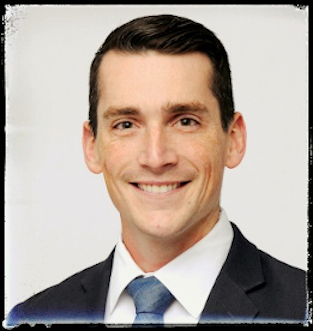
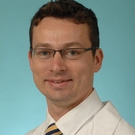
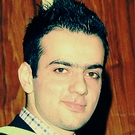


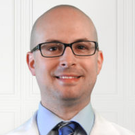


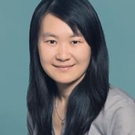
Please login to comment.